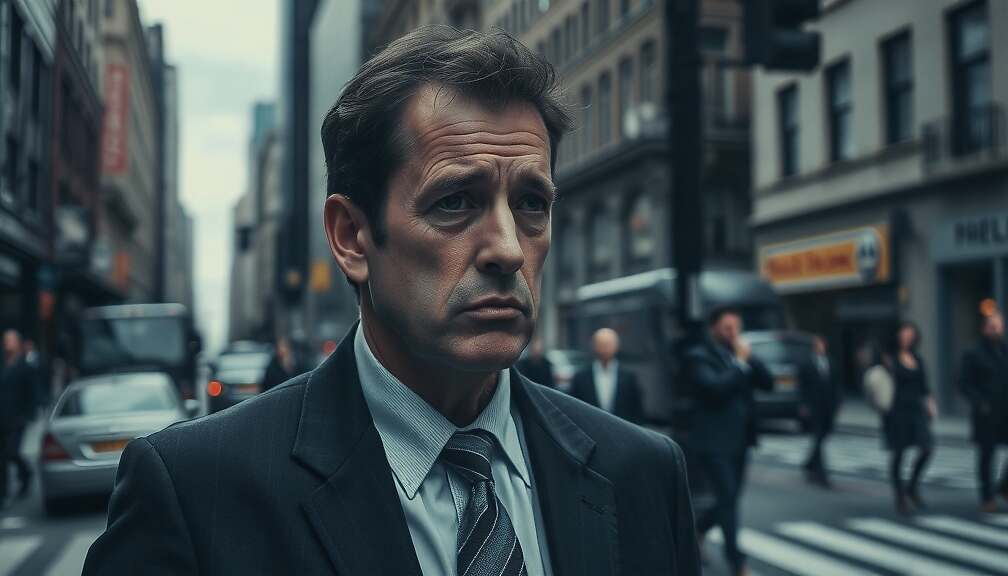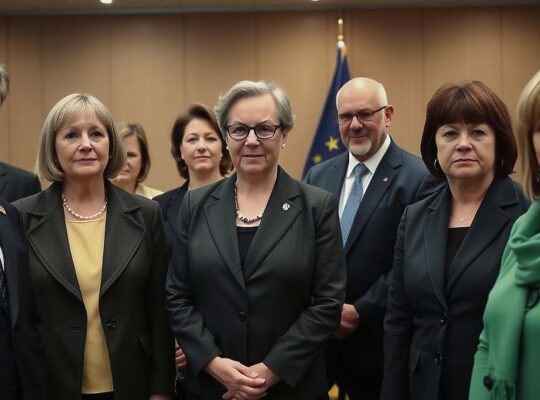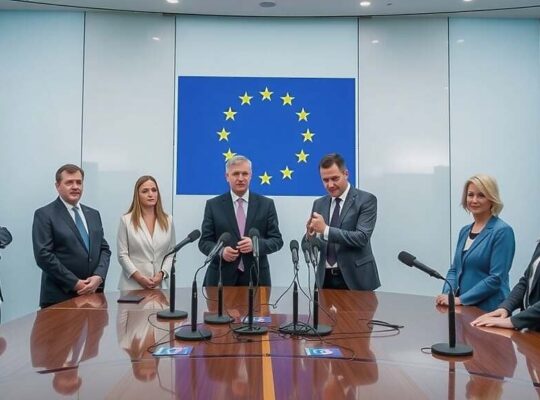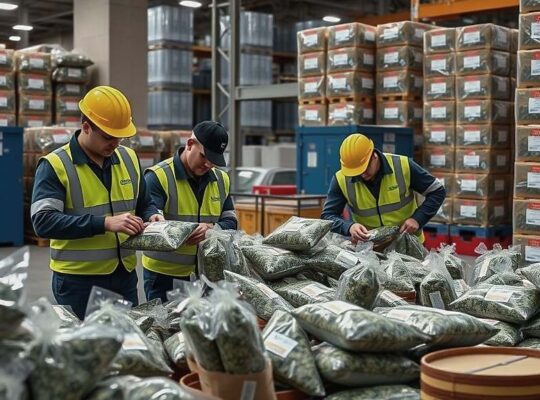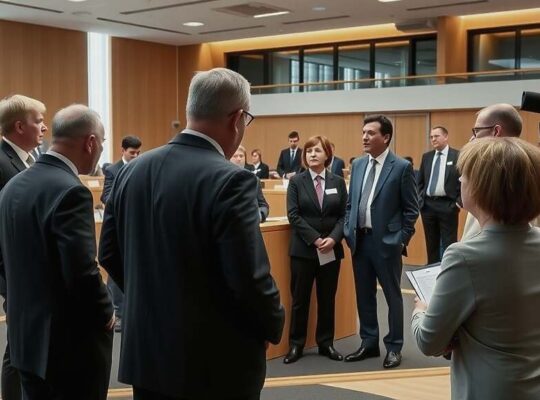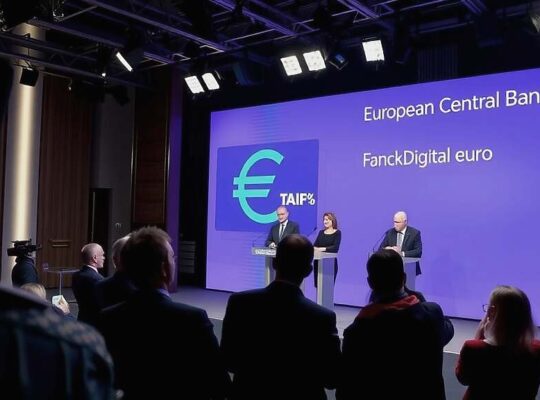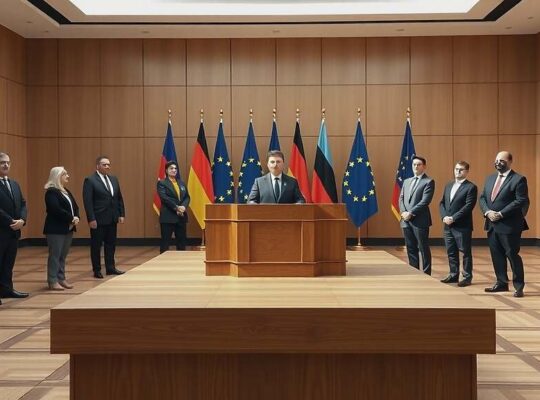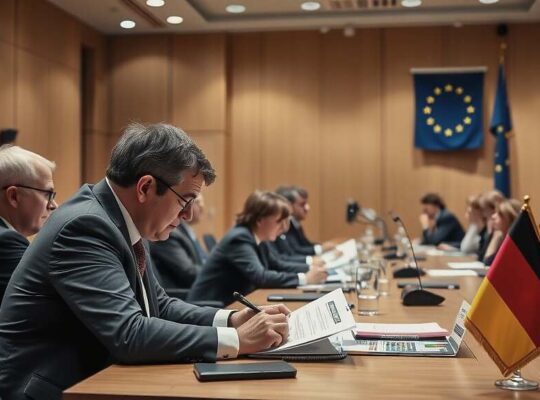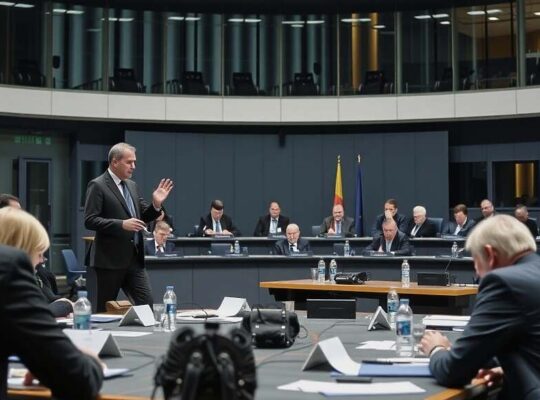Recent legislative changes in Ukraine, placing two anti-corruption bodies under the authority of a politically appointed Prosecutor General, are drawing considerable criticism both domestically and internationally, potentially impacting the nation’s path toward European Union membership.
German Foreign Minister Johann Wadephul of the Christian Democratic Union (CDU) voiced concerns, stating that the curtailment of the independence of Ukrainian anti-corruption agencies poses a challenge to Ukraine’s accession process. He emphasized the importance of continued, consistent efforts in combating corruption and confirmed meetings with leaders of the NABU and SAPO agencies during a recent visit to Kyiv. Wadephul also engaged in a telephone conversation with Ukrainian counterpart Andriy Sybiha, reiterating the need for unwavering commitment to anti-corruption measures.
The German government adopted a more measured tone regarding the potential impact on EU accession. Government Spokesperson Stefan Kornelius acknowledged that the decision-making process for Ukraine’s accession to the EU is ongoing and requires continued development regarding its EU capabilities. He noted Ukraine’s significant progress aligning with EU standards and stressed that the recent developments are under observation, with expectations communicated. He cautioned against premature speculation regarding consequences.
Within the European Parliament, the legislation has prompted sharp condemnation. Daniel Freund, a Member of the European Parliament from the Green Party, described the move as a “blatant breach of trust” warning that the Ukrainian government’s actions jeopardize the EU accession process. Freund also raised concerns about the potential impact on EU financial assistance, referencing the Ukraine Facility program, which provides €50 billion in support until 2027, with 40% of Ukraine’s public funds originating from the EU. He cautioned that continued funding is contingent on the country’s direction.
Niclas Herbst, Chairman of the European Parliament’s Budgetary Control Committee, echoed these concerns, expressing serious worry while emphasizing the necessity of maintaining Ukraine’s progress toward EU standards to ensure funds reach their intended recipients. He warned that the actions risk lending credence to Kremlin propaganda narratives.
Moritz Körner, an MEP from the Free Democratic Party (FDP), added that Ukraine cannot join the EU without independent anti-corruption efforts and urged President Zelenskyy to revoke the legislation, asserting that a willingness to accept independent investigations is a prerequisite for EU membership.


